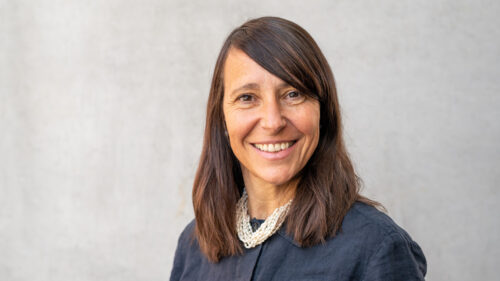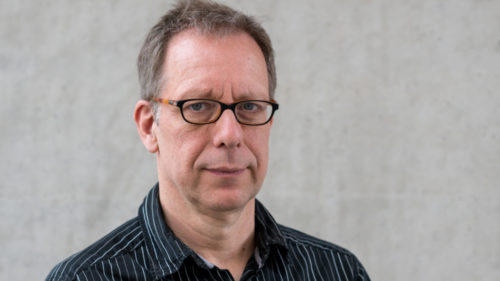ERC Advanced Grants for two joint research groups of the Leibniz Institute DRFZ and Charité
European Research Council funds two projects to study lymphocytes of the innate immune system
Prof. Dr. Chiara Romagnani, head of the joint research group “Innate Immunity” of the DRFZ and Charité, and Prof. Dr. Andreas Diefenbach, head of the joint research group “Development of the Immune System” of the DRFZ and Charité, each receive an ERC Advanced Grant for projects focused on research into the lymphocytes of the innate immune system.
Immunologist Chiara Romagnani is working on Natural Killer (NK) cells of the innate immune system. She has shown these cells to have similar properties to the classic adaptive memory B and T lymphocytes, as once activated, they also clonally expand and survive for many years therafter. In the project “MEM-CLONK – Imprinting and clonality of human NK cell memory”, she will study the molecular mechanisms driving epigenetic remodeling, clonal selection and maintenance of memory natural killer memory cells. In this way, these cells could be used to specifically target tumor cells.
I am really happy and honoured I have been awarded with the ERC Advanced Grant for our project “MEM-CLONK” investigating mechanisms of NK cell clonality and memory. I am grateful to the panel and reviewers who supported my research vision. A special thanks goes to my wonderful team that made this possible!
The second ERC Advanced Grant is awarded to microbiologist and immunologist Andreas Diefenbach. In the project “ILCADAPT: How cells of the innate immune system respond to tissue metabolic changes“, he will investigate how these cells change during pregnancy and thereafter. Andreas Diefenbach’s research group was able to show that these lymphocytes control the uptake of nutrients, such as lipids and carbohydrates, by epithelial cells of the intestine, and thus adapt the organism to the increased nutritional requirements during pregnancy. How this interaction between lymphocytes and intestinal epithelial cells exactly works will now be studied with the support of this ERC grant. This could lead to new approaches for the treatment of metabolic diseases. After being awarded with a Starting Grant in 2012, this is the second European Research Council grant for Andreas Diefenbach.
ERC Advanced Grants are awarded to outstanding scientists with original research concepts. The prestigious award comes with funding of around 2.5 million euros over five years. This year, 253 established top researchers were awarded for their groundbreaking projects. The success rate was 14.6%, with 25% of the funding going to women. In the LS6 Immunity, Infection and Immunotherapy subsection of the Life Sciences section, only 6 projects were funded this year.
About the ERC
The ERC, set up by the European Union in 2007, is the premier European funding organisation for excellent frontier research. It funds creative researchers of any nationality and age, to run projects based across Europe. The ERC offers four core grant schemes: Starting Grants, Consolidator Grants, Advanced Grants and Synergy Grants. With its additional Proof of Concept Grant scheme, the ERC helps grantees to bridge the gap between their pioneering research and early phases of its commercialisation. The ERC is led by an independent governing body, the Scientific Council. Since 1 November 2021, Maria Leptin is the President of the ERC. The overall ERC budget from 2021 to 2027 is more than €16 billion, as part of the Horizon Europe programme, under the responsibility of Mariya Gabriel.


Contact:
Dr. Katrin Moser
Research coordination
phone +49 (0)30-28460-647
moser@drfz.de

 Deutsch
Deutsch
